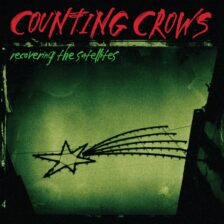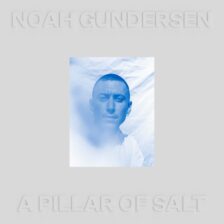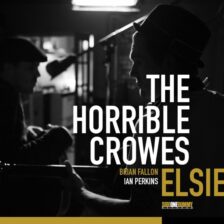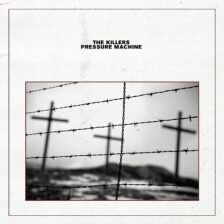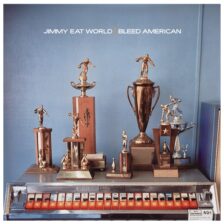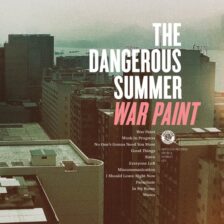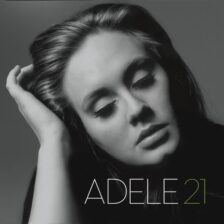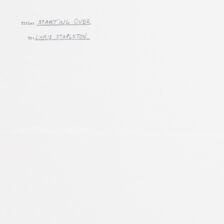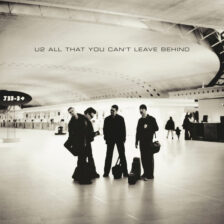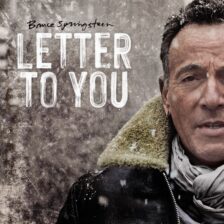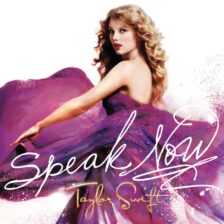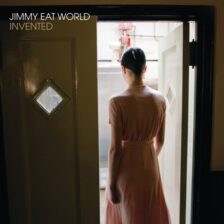Few trends scream “nineties” more loudly than the “rebellion against fame” album. Nirvana made In Utero. Pearl Jam made Vitalogy. R.E.M. made Monster. Nowadays, it’s hard to imagine a rock band ever becoming famous enough in the mainstream to then justify the creation of a “rebellion against fame” album. For awhile there, though, making this type of album—usually a louder, more abrasive follow-up to a cleaner, more tasteful, massively successful predecessor—was a rock ‘n’ roll rite of passage. Few bands ever steered into the skid quite as much as Counting Crows did on Recovering the Satellites.
It’s difficult, from the vantage point of 2021’s pop music status quo, to describe how absolutely massive Counting Crows were in the mid-90s. The band’s debut, 1993’s August & Everything After, is certified seven-times platinum in the United States and has sold well north of 10 million copies worldwide. The flagship single, “Mr. Jones,” made it to number 2 on the Billboard Mainstream Top 40 chart. Ironically, “Mr. Jones” was a song about wanting to be famous; to be “big, big stars.” “When I look at the television I wanna see me/Staring right back at me,” frontman Adam Duritz sang in the song.
Be careful what you wish for, Adam.
Read More “Counting Crows – Recovering the Satellites”
